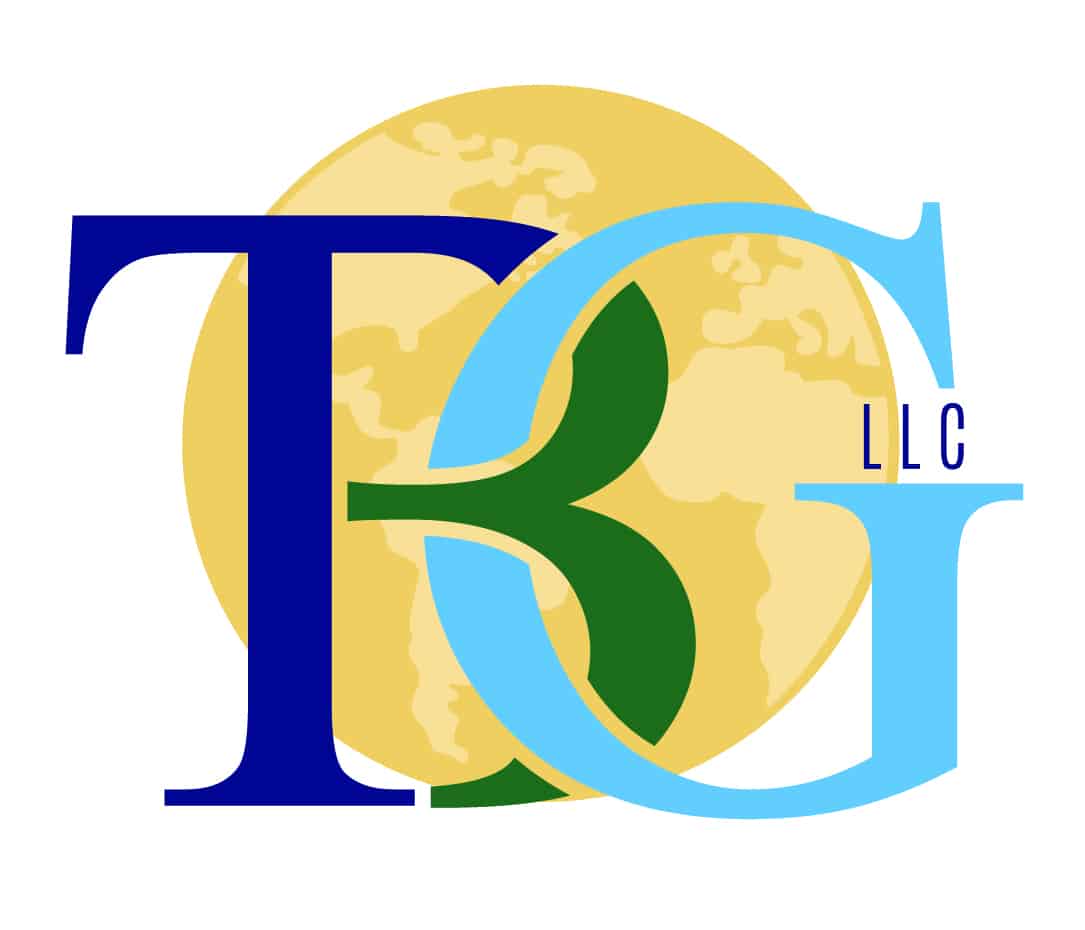
When I started my business, I didn’t know anything about anything. All I knew was that networking was essential to my business success (Not that I knew how to network, but that’s a different story). So I hit up all the free networking events I could. It wasn’t long before I accumulated business cards and had to figure out what to do them.
As the business cards grew, I thought, “Wouldn’t it be great if there was an electronic program I could use to help me sort and track my connections? A program that could help me track sales or something to remind me when to follow up and stay organized?”
As it turns out, there is such a system. It’s called a CRM
CRM is an acronym for Customer Relationship Management. It’s a series of systems companies use to manage their business relationships. These systems are bundled together in one software for your convenience.
Think of your local cable company. They have a series of systems that they bundle together for your entertainment needs. They combine internet, cable and telephone services into one plan for your convenience.
CRMs operate in similar way as they combine multiple systems and house them on 1 platform to help manage your business relationships. Each system is made up of different functions for easier relationship management.
So what systems make up a CRM?
There are four main systems to a CRM. Some software platforms have features from all four, while others have features from two or three systems. Functions from at least two systems are considered CRMs. I’ll list and briefly explain the four systems.
Contact Management:
Are you looking for a program to track conversations and connections? Do you need software that segments clients, import contacts and delivers newsletters to your people? Contact management systems automate data entry, appointment scheduling, and organize your contacts to deliver personalized communications to your clients. If you’re relationship focused, look for a CRM that specializes in contact management. These CRMs are usually the least expensive in price.
Conversational Management:
Do you have a team heavily involved with the sales process? Do you make decisions about clients as a team and need a system that includes an area to house group conversations? A conversation management CRM will include features that create transparency for your team.
Sales and Leads
Are you focused on sales goals? Do you need a way to track sales conversions and pipelines? Project management tools, lead scoring, and close rates are all features you’ll need to meet your goals. Sales and Leads CRMs are great for increasing sales by delivering data analysis and automating your sales process.
Marketing Automation:
Are you focused on sales funnels and email marketing? Maybe you need landing pages and opt-in widgets? Marketing automation CRMs are the most expensive and robust. They are great for increasing your online presence.
CRMs have been around since the 70s and companies use them to scale their business by increasing productivity, streamlining sales, improving client retention, etc. The -ways in which a CRM can improve business are plentiful. In fact, those who successfully implement a CRM see revenue increases between 16%-1,000% (smallbizcrm)
No matter where you are in your business, using a CRM will drastically improve your business, saving time and increasing revenue.
THANKS FOR READING MY BLOG!
Are you looking for ways to stay top of mind?
Contact Us to discuss your CRM needs!
Or check us out on Facebook at TamaraBurkett
